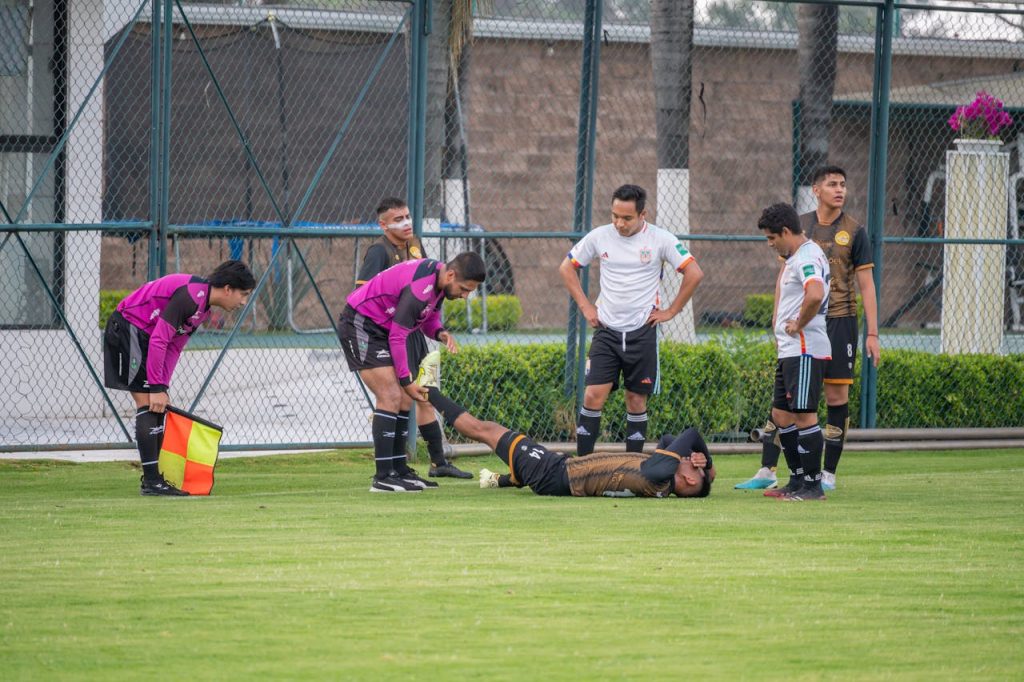
The thought of a career-ending injury or an unexpected layoff can be daunting. These scenarios not only disrupt professional aspirations but also impact personal identity and financial stability. Recently I had a lot of conversations with family and friends about this very topic. Folks in my circle are dealing with the stress, worry and reality that comes with unexpected changes, such as loosing your job or experiencing an injury that affects your playing career. However, with the right strategies and mindset, athletes can navigate these transitions effectively. Here are some key steps to cope with and prepare for such life-altering events.
How to Prepare for an Unexpected Career Change
1. Develop a Backup Plan Early On. Proactively planning for a potential career change is crucial. Athletes should consider the following:
- Education: Pursue higher education or vocational training while still active in sports. This can provide a solid foundation for future career opportunities.
- Skills Development: Identify and cultivate skills that are transferable to other fields. Leadership, teamwork, and discipline are highly valued in various industries.
- Networking: Build a robust professional network. Connections with coaches, sponsors, and business professionals can open doors to new opportunities post-sports career.
2. Financial Planning and Management. Financial stability is a significant concern during a career transition. Athletes should:
- Save and Invest: Regularly set aside a portion of earnings into savings and investment accounts. A diversified portfolio can provide a safety net.
- Budgeting: Maintain a strict budget to ensure that living expenses are manageable even without a steady income from sports.
- Seek Professional Advice: Consult with financial advisors who specialize in working with athletes. They can offer tailored advice on managing finances and planning for the future.
3. Mental and Emotional Well-being. Coping with a sudden career change can take a toll on mental health. Strategies to maintain emotional well-being include:
- Counseling and Support Groups: Engage with mental health professionals and join support groups for athletes facing similar challenges. Sharing experiences can provide comfort and practical advice.
- Mindfulness and Stress Management: Practices such as meditation, yoga, and mindfulness can help manage stress and anxiety.
- Pursue Hobbies and Interests: Invest time in hobbies and interests outside of sports. This can provide a sense of purpose and fulfillment.
4. Explore New Career Opportunities. Identifying new career paths is essential. Consider the following approaches:
- Career Counseling: Seek guidance from career counselors who can help identify strengths and potential career paths.
- Internships and Volunteering: Gain experience in different fields through internships or volunteer work. This can provide valuable insights and help build a resume.
- Entrepreneurship: Leverage the entrepreneurial spirit often cultivated in sports to start a business. The skills learned in sports can be incredibly valuable in the business world.
5. Leverage Athlete-Specific Programs. Many organizations offer programs specifically designed to help athletes transition to new careers. These include:
- Athlete Career Transition Programs: Programs provided by sports organizations or independent entities that offer career counseling, education, and job placement services.
- Scholarships and Grants: Various scholarships and grants are available for athletes looking to pursue further education or training.
While a career-ending injury or unexpected layoff can be a challenging and life-altering experience, it also offers an opportunity for growth and reinvention. If you don’t know where to start, try focusing on one thing. Maybe you can start connecting with your workout, or maybe you can create a budget to address your new situation. Stating small can help you prepare for next steps, helping you maintain a proactive approach and continued success.